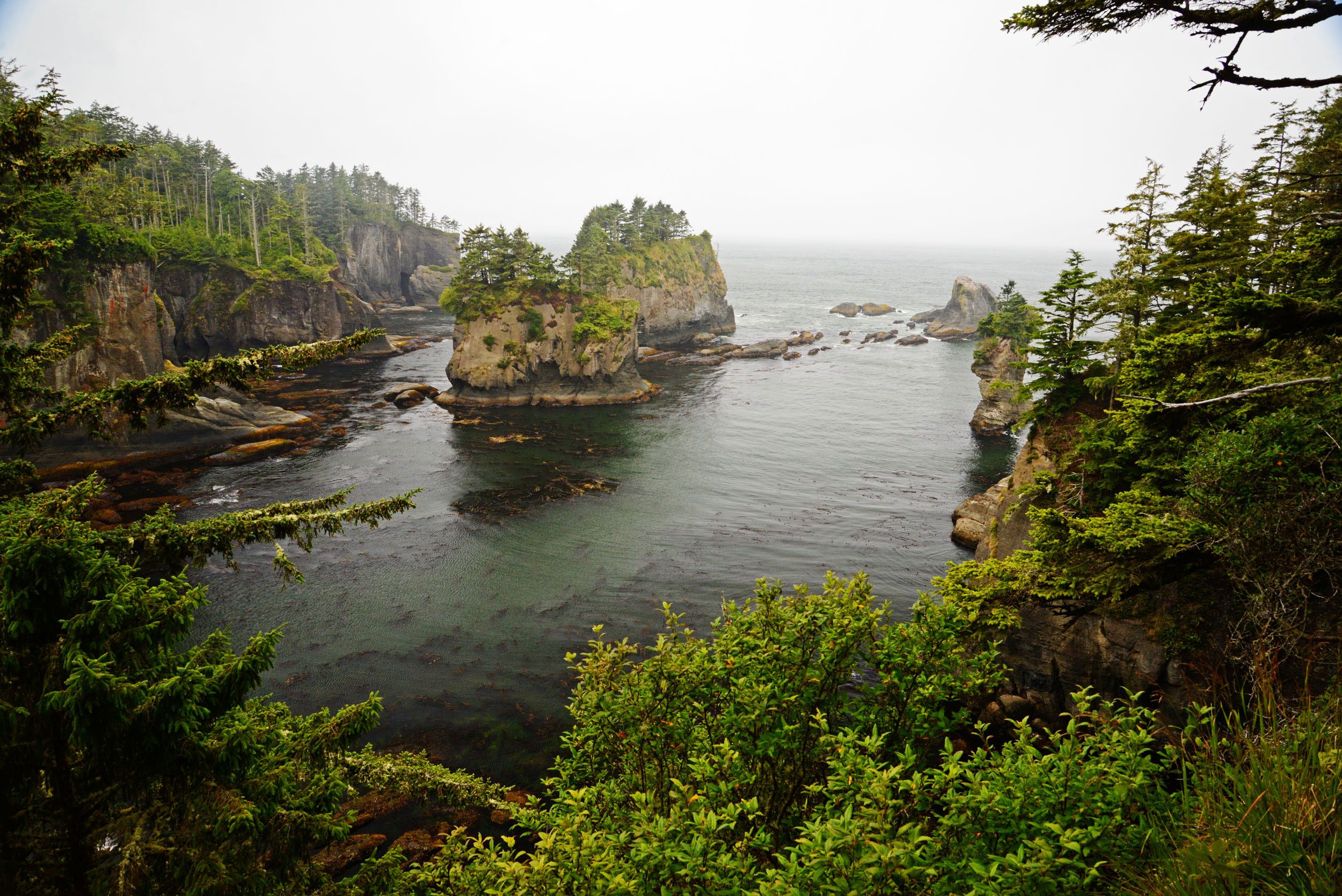What are Geographic Response Plans?
Oil spills pose a risk to sensitive natural, cultural, and economic resources. One important tool in our planning toolbox is the Geographic Response Plan (GRP). GRPs contain pre-identified strategies for specific areas of the state at risk from oil spills. These are pre-approved plans that guide early response actions during oil spills. A list of all Washington State GRPs, including those open for comprehensive updates, can be found online at OilSpills101.wa.gov.
GRP Updates: Comprehensive vs. Interim
GRPs are periodically updated to ensure the information is relevant and up-to-date. These comprehensive updates require a lot of work and often take a year or two to complete. Work is coordinated with other state and federal agencies, tribes, industry partners, oil spill response professionals, and local communities.
GRPs Open for Comprehensive Updates
GRPs currently open for comprehensive updates are listed below, along with the contact information if you have questions or want to participate. Included are any comprehensive GRP updates published this quarter.
- Lower Columbia River – Published October 1, 2024!
- Snake River-Lower Monumental Pool– Published October 1, 2024!
- Outer Coast – David Prater at David.Prater@ecy.wa.gov
- South Puget Sound – Kaitlin Lebon at Kaitlin.Lebon@ecy.wa.gov
- Snake River Little Goose Pool and Lower Granite Pool – Scott Zimmerman at Scott.Zimmerman@ecy.wa.gov
- Admiralty Inlet – Sabrina Floudaras at Sabrina.floudaras@ecy.wa.gov
- Green/Duwamish River and Upper Green River – Nora Haider at Nora.Haider@ecy.wa.gov
- Nisqually River—Wendy Buffett at Wendy.Buffett@ecy.wa.gov
- Middle Columbia River McNary Pool—Max Gordon at Max.Gordon@ecy.wa.gov
Interim GRP Updates during Summer 2024
Because a lot can change in a GRP planning area between comprehensive updates, Ecology is committed to conducting interim GRP updates when necessary. Examples of interim updates include improvements to response strategies resulting from lessons learned during oil spill drills or actual spills, updated contact information, changes to driving directions, and other response-enhancing edits. Ecology publishes interim updates to GRPs on a quarterly basis. Interim updates completed this quarter include the following:
- North Puget Sound— VEN-04, NPS-30 (New Strategy), NPS-02, NPS-07 (New Strategy), NPS-96-N (New Strategy)
- North Central Puget Sound— NC-35
- Central Puget Sound – DWW-0.1 (New Strategy), CPS-131, CPS-134
- Nisqually River – NR-1.0-N
- Upper Columbia River— UCR-467.8b, WENA-0.75 (New Strategy)
- Wenatchee River—WENA-9.3-N
- Snohomish Basin—SNQ-35.3R (New Strategy) SNQ-35.6L (New Strategy)
Updates to Ecology’s GIS Maps
Ecology recently migrated to GIS Portal which means the links to the various GIS maps have changed. We are in the process of updating the links embedded throughout our GRPs, but wanted to pass on this info in case you need them sooner rather than later (the GRP landing pages have the correct links, but various PDFs within the GRPs are still being updated). Don’t forget to update bookmarks, tools, and other places you may have links for the following maps if you haven’t already:
- Ecology’s Spills Map https://gis.ecology.wa.gov/portal/apps/experiencebuilder/experience/?id=591270509d254f189fb63d4c2d0af340&page=Page&views=GRPs
- Non-Floating Oils Map https://gis.ecology.wa.gov/portal/apps/instant/sidebar/index.html?appid=b131312aa2cf4addb382f0d0a5642d72
- NWACP In-Situ Burn Policy Map https://gis.ecology.wa.gov/portal/apps/webappviewer/index.html?id=2be7541e2ad04b52ae1dab58b7d046a4
- NWACP Dispersant Policy Map https://gis.ecology.wa.gov/portal/apps/webappviewer/index.html?id=9e2ff4da08c64d28833b041405607090
Everyone has a Role in Improving the State’s GRPs
Oil industry regularly exercises oil spill contingency plans to ensure their readiness to respond to an oil spill. These exercises often involve the deployment of GRP strategies. Each deployment is an opportunity to validate a response strategy’s effectiveness, and to make improvements if it is necessary.
GRPs also rely on feedback from professional oil spill responders, natural resource agencies, tribes, and the public. This valuable feedback is reflected in either a comprehensive update or the interim update process.
If you have information or ideas that can make GRPs even more effective, Ecology wants to know! Please email GRP feedback to GRPs@ecy.wa.gov. If you are visiting a response strategy site, you can use our GRP Strategy Assessment Form to help document your assessment. We thank you in advance for helping the Northwest Area Committee maintain a high level of readiness to respond to oil spills.
